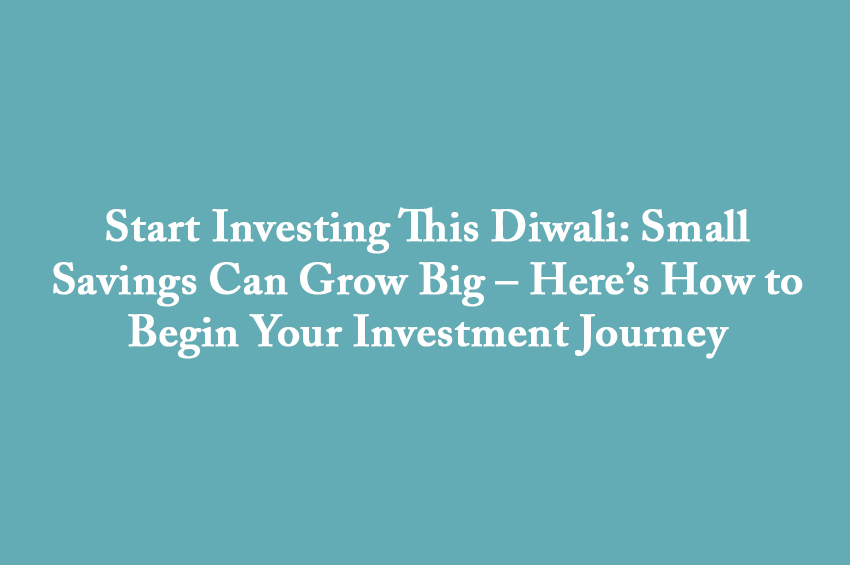Winning Bizness Desk
Mumbai. Diwali’s five-day festival season has kicked off with Dhanteras, a traditional time of prosperity where people make meaningful purchases such as gold, silver, and household items. This occasion also serves as a reminder of the importance of setting aside a portion of income for investments. From a stock market perspective, Diwali’s *shubh muhurat* (auspicious time) marks the perfect opportunity to start a new investment. Winning Bizness here gives you a guide to help key questions on when and how to invest effectively.
When Should I Start Investing?
The best time to start investing was 20 years ago; the second-best time is now. This saying resonates strongly in investment, as starting early allows for greater potential returns through compounding. Whether you’re saving for a home, car, travel, or even future expenses, investing early can help you reach these financial goals. Starting sooner enables your money to work harder for you over time.
How Long Should I Invest?
Investment is ideally a long-term venture. Short-term gains can be appealing but often misleading, while long-term investments benefit from the power of compound interest. At minimum, aim to invest for at least five years. Markets fluctuate naturally, so it’s important to remain calm during downturns and avoid impulsive selling. Staying invested over time allows for better returns.
How Do I Develop an Investment Strategy?
Just as a home requires a blueprint, investing requires a solid strategy. Start by setting aside funds specifically for your future, and establish a separate emergency fund that covers six to nine months of expenses. Once you have a financial buffer, consider these questions as you develop your investment plan:
* How much am I ready to invest initially?
* What types of investment options are suitable for me?
* Which asset allocation approach will help me minimize risk while diversifying my portfolio?
* What sectors look promising right now?
* What is my risk tolerance? When should I consider adjusting my strategy if the market declines?
How Much Do I Need to Start?
Starting small is possible. For instance, you can begin with a Systematic Investment Plan (SIP) in mutual funds with as little as Rs 500 per month. Stock investments range widely, with some shares priced under Rs 1 while others can reach over Rs 1 lakh. Many large companies, including Amazon, started as penny stocks. Amazon’s initial public offering (IPO) in 1997 priced shares below $2, which have since grown to over $3,300.
How Should I Build My Portfolio?
For new investors, focus on diversification and asset allocation when building your portfolio. Safer options include mutual funds, blue-chip stocks, and gold ETFs. The “100 minus age” rule is a simple guideline: if you’re 30 years old, subtracting your age from 100 leaves you with 70. This implies that 70% of your portfolio could be allocated to equities, while the remaining 30% can be distributed among gold, bonds, and retirement funds. Investing in blue-chip and index funds for the long term offers moderate growth with lower risk. These funds diversify your investment across various high-performing companies, and over the last three years, such investments have yielded compound annual returns of around 15-18%. Looking ahead, index funds are expected to offer annualized returns of approximately 13-15% over the next five years.
Final Thought: Invest with Patience and Prudence
According to financial experts, an investment journey that starts with small, steady contributions can grow significantly over time. Developing good investment habits, especially during occasions like Diwali, can make a difference in your financial future.


